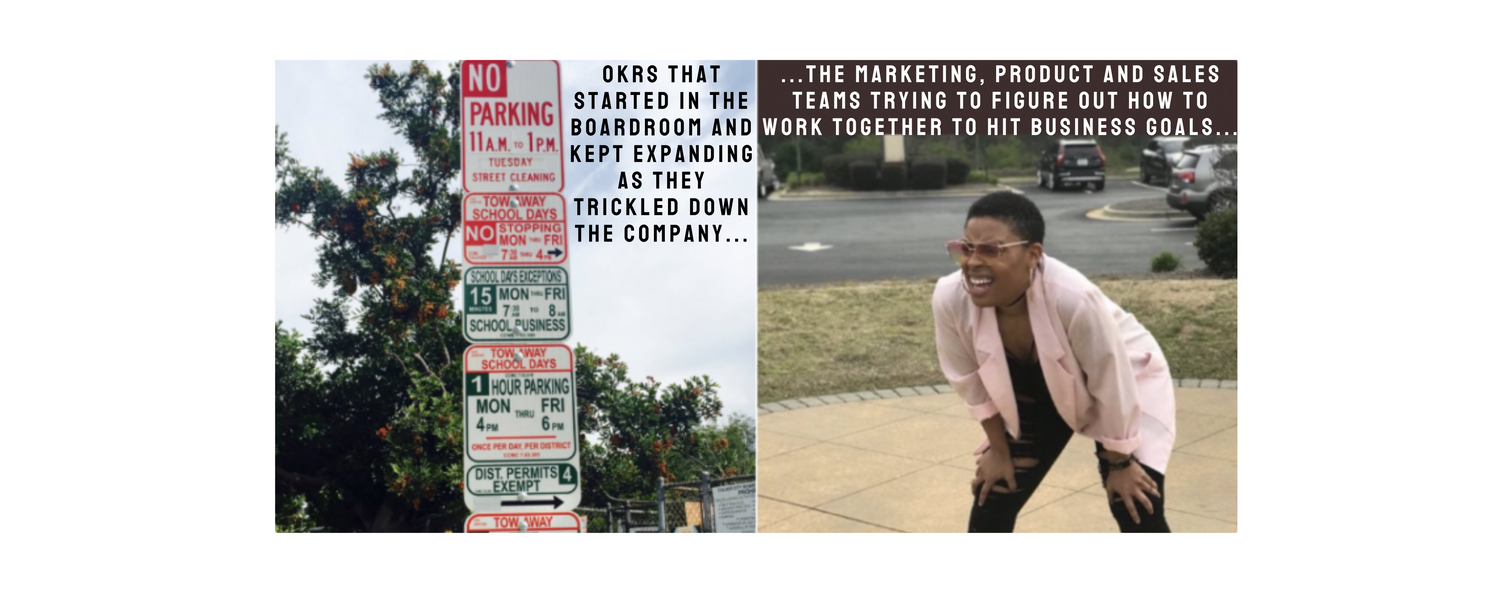How creating hypotheses will help your marketing plan be effective
 By
Becky Madden
·
2 minute read
By
Becky Madden
·
2 minute read
You’ve done your homework.
You’ve worked with data to help yourself understand the connection between your marketing activities and your business objective.
You may have a clearer view on what’s working, what’s helping something else work, and what may not be working at all.
You may understand the relative impacts of seasonality, budget weighting, campaign structures or specific channels or content that are resonating.
Through all of this, hopefully some questions have popped to mind and you have some data-led ideas on what to do next - which channels, creative, content to move forward with to continue to hit OKRs.
Many Marketers would now rework or optimise their plans based on these findings and move on to the next item in their long to do list.
They resume their normal working rhythm, other tasks and priorities come to the surface and they all but forget the changes they made to the plan and whether they actually worked or not, until they make time to go back and review results again.
However the knack to effective marketing is in taking a constant experimentation approach.
Rather than directly implementing any insights found during the data analysis step, instead consider developing hypotheses based on those questions or ideas that sprung up.
For instance, if you found that your paid search was more cost effective and sales conversions were higher when particular media channels were in market, your hypothesis might be that by replicating that media mix at key times of year for the business, you’ll be able to drive incrementally more sales, more cost efficiently.
Get specific with the numbers based on the data findings, i.e. if Paid Search CPAs declined 10%, you could calculate how many more leads or purchases you’d expect to gain from the same budget value.
Also think about how long it would take to see the sales results after the campaign is in market. This will help you plan ahead on when to next review your campaign data to see the first signs of how it’s converting through your funnel.
Before implementing the changes to your marketing plan, think about whether you’re able to run a smaller test first. This will help you prove or disprove your hypothesis before you spend a whole campaign budget.
You can then test your hypothesis, review the results and decide whether that particular optimisation is worth implementing in totality or not. If you didn’t get the results you were hoping for, that’s great, you just saved the company spending more money on something that would likely not have generated the right sales outcome. Go back to your list of hypotheses and try something else.
Good experimentation runs continuously. Many ideas won’t make the cut but there’ll be a couple that do. Depending on the resource available in your team, you may only be able to run one experiment at a time, or several. Either way the benefits are numerous.
Imagine all the time and money saved over the course of a year, if instead of directly implementing ideas into a marketing plan, they were tested first and those that didn’t produce the desired outcomes were not implemented in full, while those that did work were given more budget to scale.
For this approach to be successful, your operating rhythm needs to be designed to support it.
Create regular time slots to review your data and plan the next steps. If you’re a lone marketer, you may only be able to do this once a quarter, or for larger teams you might be able to support this approach on a fortnightly basis. As long as it’s in your BAU operating rhythm.
Happy hypothesising and enjoy more effective marketing.
Subscribe for a monthly blog wrap up
If you or your company needs coaching on marketing strategy to hit business objectives, I'm here to help.
Let's connect to chat about your needs.



